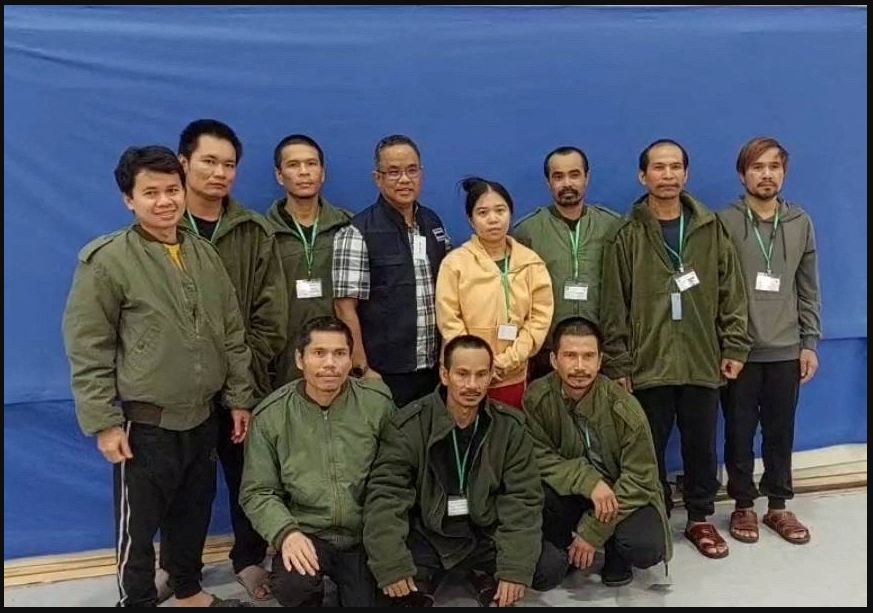About 300,000 tonnes of wheat bought by Egypt stranded in Ukraine -trade
Cairo (Reuters) – About 300,000 tonnes of Ukrainian wheat booked by Egypt’s state grains buyer for delivery in February and March is yet to be shipped, with one cargo stuck in port and four others still to be loaded, four traders said.
Egypt’s General Authority For Supply Commodities (GASC) has granted an extension to secure the cargoes but is not offering trading companies any force majeure release from contractual obligations, according to traders.
Force majeure is a clause in contracts that frees parties from liability due to uncontrollable events.
Egypt, typically the world’s largest wheat importer, depended heavily on shipments of Black Sea wheat that were disrupted by Russia’s invasion of Ukraine on Feb. 24.
The war has raised concerns over Egypt’s ability to sustain its strategic reserves and secure affordable wheat that is used to make steeply subsidised bread available to nearly two-thirds of the population.
Egypt’s prime minister said this week that the government had wheat reserves to last four months. Traders say that any wheat that has been purchased is counted within the country’s strategic reserves, even if it has not yet been delivered.
Two of the cargoes that have yet to be loaded were contracted by Nibulon and a further two by Inerco, traders said. A fifth cargo contracted by Olam is stuck at Ukraine’s Chornomorsk Port on a GTCS ship.
All cargoes were purchased before Russia’s invasion.
Egypt’s supply minister confirmed on Sunday that authorities had granted an extension for delivery of the cargoes, but could not immediately be reached for further comment.
Three traders with knowledge of the matter said that despite a halt to shipments of Ukrainian wheat exports caused by the war, GASC was requiring the delivery of the four unloaded wheat cargoes, if necessary from other origins.
GASC’s tender book contains no provision for force majeure, though one trader said the Grain and Free Trade Association (GAFTA), an international trade group, could arbitrate such cases.
With Ukraine’s ports blocked off by Russia’s invasion, it has been forced to send shipments across its western border, relying on limited railroad capacity and small Danube river ports.
GASC has purchased foreign wheat just once since the start of the war in Ukraine, buying mainly French grain in April at a higher price than it had paid previously.



